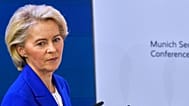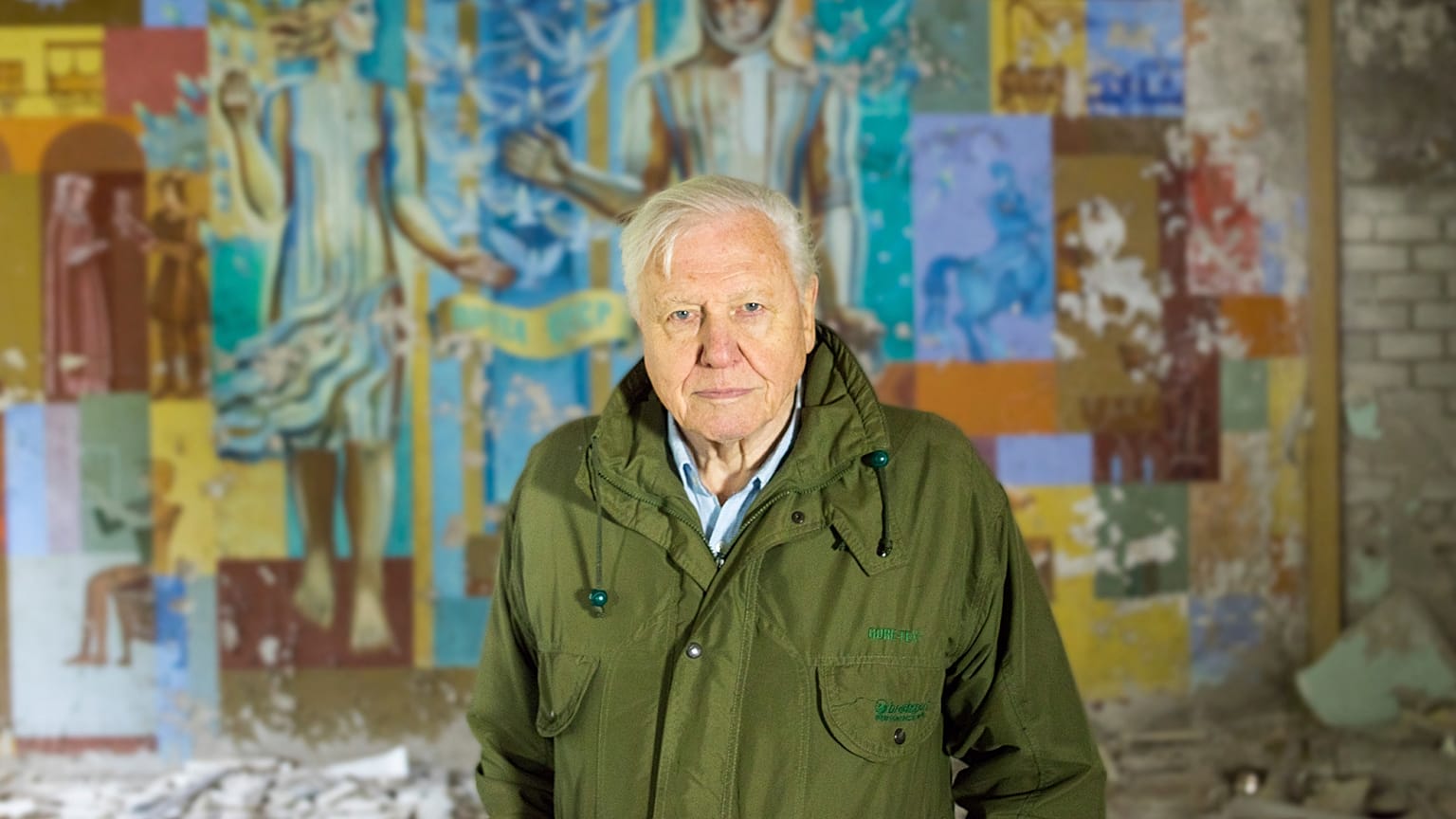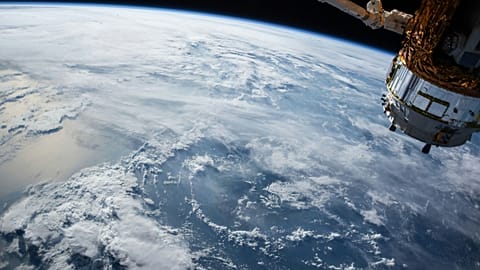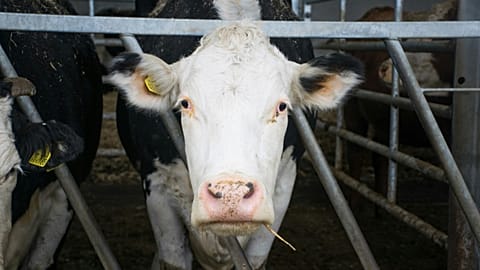Sir David Attenborough's latest release is unlike any of his previous work.
If you’ve spent any time on social media, you’ll be well aware that Sir David Attenborough’s latest show - A Life On Our Planet - was released on Netflix this weekend.
 ADVERTISEMENT
ADVERTISEMENT
 ADVERTISEMENT
ADVERTISEMENT
The documentary is unlike any of Attenborough’s previous work though. Instead of the usual cinematic shots of wildlife, in this one-off film he offers a bleaker outlook on the state of the planet, the climate crisis, and global ecological decline. The piece begins in Chernobyl, a place so utterly destroyed and scarred by humans, before taking us through how Earth has changed throughout Attenborough’s lifetime.
In 1926, when Attenborough was born the planet was a full degree cooler. Using archive footage of his former work and more contemporary scenes of recent projects, he lays out the full extent of damage we have done to the planet over the last 94 years.
Even as recently as last year, David Attenborough was criticised for not being up front enough about the climate crisis in his work. But this latest release is far more candid about the problems we are all facing.
The last half an hour finishes with an outline for how we can reduce our carbon footprints, and hopefully reverse the trend we are currently facing.
The documentary has taken the world (or at least the internet) by storm. Some users were even concerned for Attenborough's health when they first saw his name trending on Twitter.
Fortunately, David Attenborough has been trending because of the sheer popularity of his latest film - and we've rounded up what the best of the discussion.
Here’s what the internet had to say
One user commented on Attenborough's recent decision to join Instagram - where he reached a million followers in record time - noting that he has opted to spend his 90s educating us all.
Others described the piece as "a love song to our planet," commenting on Attenborough's moving plea to us all, asking that we work harder to protect and save Earth together.
Some viewers were particularly affected by Attenborough's call to action, urging us all to reduce our meat consumption for the sake of the planet.
The overpopulation problem re-emerged
But the documentary didn't escape criticism either.
One of Sir David Attenborough's central ideas, one he has discussed previously at length, is that overpopulation and population growth is a threat to our planet. This is an argument which has been criticised in the past, particularly as it is seen to shift the blame for overpopulation onto countries in the Global South where populations are growing quickest.
However, as critics have highlighted, the wealthiest 1 per cent of the world's population is responsible for more than double the emissions of the poorest 50 per cent. People argue that, when it comes to carbon footprints alone, the problem is less about population size and far more about consumption.
Environmental activist Sam Knights, who edited Extinction Rebellion's first book last year, called Attenborough's emphasis on overpopulation in the film "irresponsible."
The film is undoubtedly a powerful watch, in spite of the controversy around the overpopulation argument - criticism he has yet to publicly respond to.
The piece serves as a vital wake-up call for anyone who has yet to fully grasp the severity of our collective situation as a planet. His solutions may need some finessing, but there's no doubt anymore over how seriously Attenborough takes the climate and biodiversity crises.
David Attenborough: A Life On Our Planet is streaming now on Netflix.

















